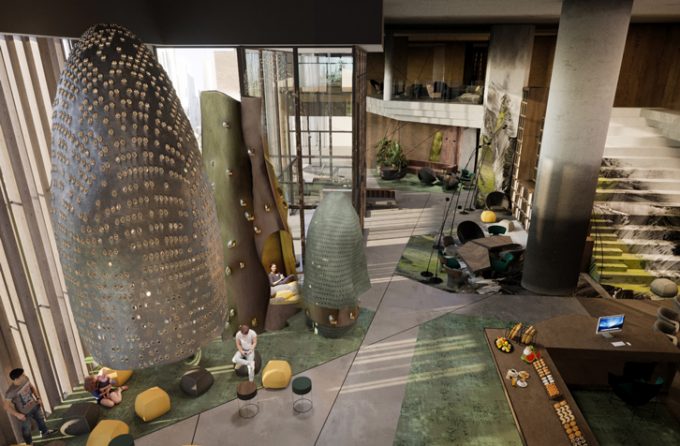
How accom can co-exist with Airbnb
When Airbnb co-founder Joe Gebbia visited Australia in 2017, he was reported as saying: “When we go city by city, country by country, the majority of our hosts; our owners are simply renting out their spare bedroom.”
Gebbia also went on to say Airbnb “loves paying taxes” and “believes in regulation”.
If this was the case, the Australian licensed accommodation industry should have little cause for concern. However, these comments are hard to accept.
Gebbia did make one statement during his visit that is believable. He said: “Airbnb is not going away. The genie is out of the bottle and it’s not going back in.”
Thus the key question for the Australian short stay licensed accommodation sector is how does it co-exist with short stay platforms?
The accommodation industry can co-exist with genuine home sharing, where the host is present and able to provide an authentic experience to guests. Tourism Accommodation Australia (TAA) and the Australian Hotels Association (AHA) recognise hosted home sharing has always existed, however we know that those types of listings are now comprehensively dominated by entire homes or apartments.
It is the unhosted and unlicensed properties that are the cause of most concerns associated with unregulated short stay accommodation.
TAA and AHA are strongly advocating on behalf of the licensed accommodation industry across Australia to ensure a level playing field for those small, medium and large businesses which comply with the regulations, rules and requirements set for them versus those that don’t.
Airbnb could be another global online travel agent. What currently sets it apart is its willingness to also list residential accommodation that is not approved, registered or designed for short stay use.
This is what makes the current model totally unacceptable and the ability to operate in this manner is only made possible by a lack of regulation and an absence of enforcement.
Jurisdictions around the world are moving to regulate online platforms and the short stay sector for a variety of different reasons, all of which are applicable to different parts of Australia.
There has been a collective understanding by regulators, policy makers, industry and the community that home sharing platforms are no longer just selling spare bedrooms.
Airbnb did not become a $38 billion multinational giant by renting out air mattresses in a spare room, which is how the company began in late 2007.
Across Australia’s states and territories there are a number of ways that short stay accommodation properties can register and be compliant with the law. Requiring short stay platforms to sell only compliant accommodation should not be an unrealistic demand. Nor should enforcement be a burdensome task.
Looking at approaches to regulation around the world, a mandatory registration scheme is now understood to be a baseline requirement if regulation and enforcement is to be effective.
To date, Australia has adopted a very soft approach to regulating Airbnb. In jurisdictions that have adopted lax regulations we are already seeing policy makers go back to the drawing board to impose more effective and stringent measures.
Placing fair and reasonable regulations on hosts and platforms is not only in the interests of regulated accommodation providers – it is in the public interest.
The problems associated with unregulated short stay accommodation are numerous and significant.
Left unaddressed, we will see an exacerbation of problems such as employment opportunities being undermined, community amenity being damaged, further pressure on housing costs and guest safety being compromised.
Policy makers can’t be daunted by online platforms. Everyone must play by the rules lest we run the risk of undermining the rule of law and trashing a concept that Aussies hold dear – a fair go for all.
Bradley Woods is acting national executive director of Tourism Accommodation Australia and chief executive of the Australian Hotels Association for WA






